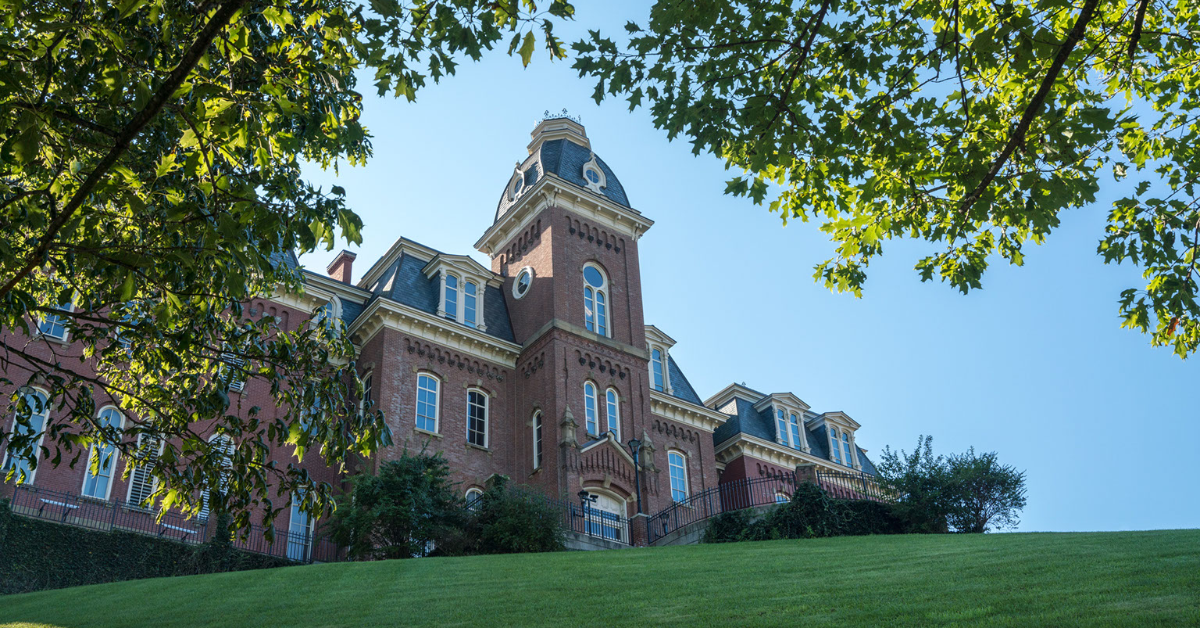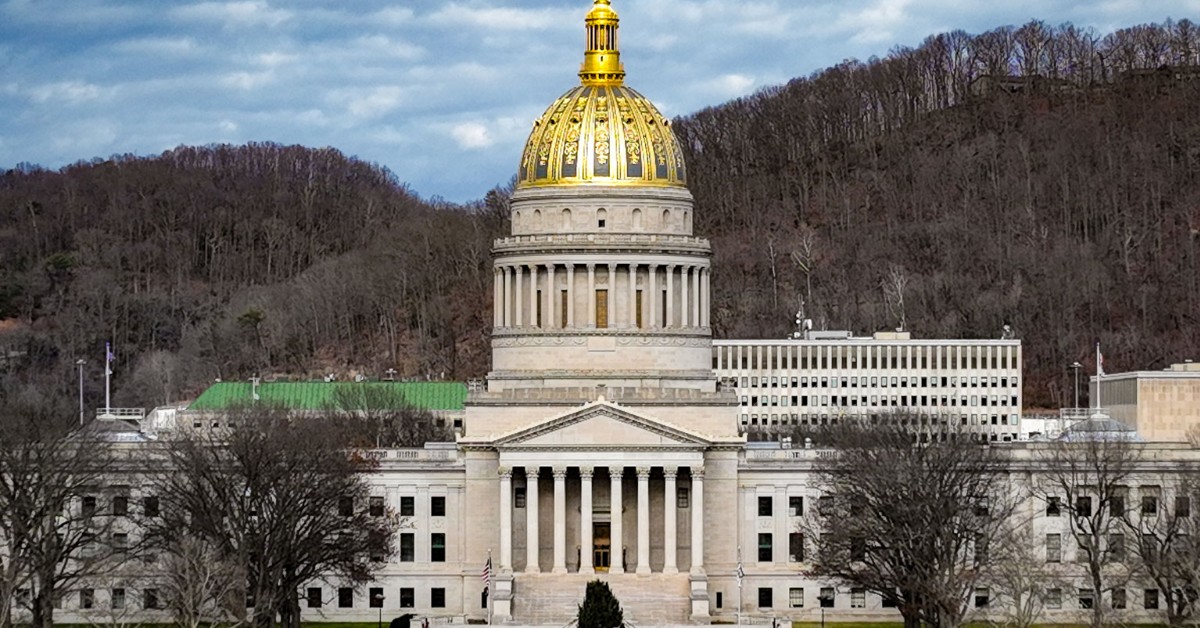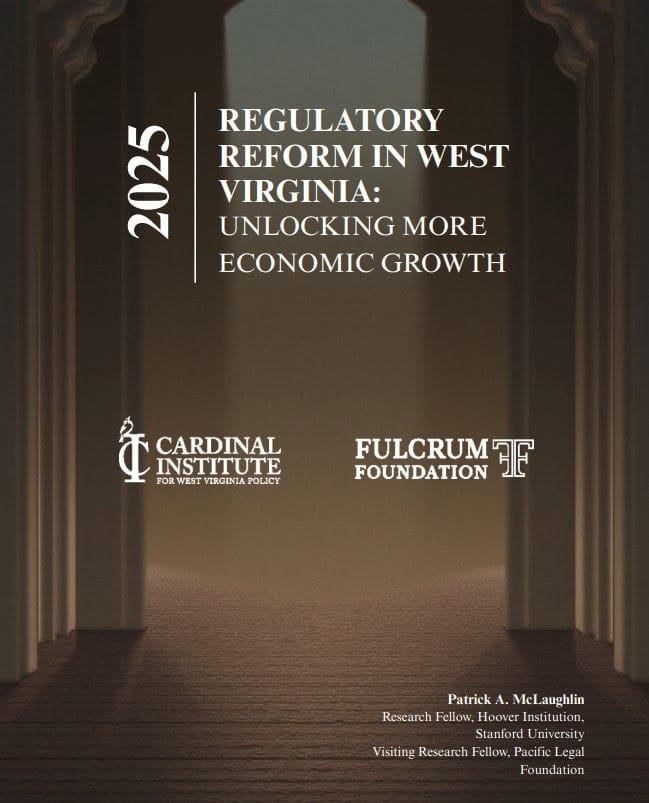
WVU, Leadership, and Caricature
WVU Faces Budget Crisis and Difficult Decisions
West Virginia University (WVU) has undergone the difficult process of eliminating 28 majors, 143 jobs, and millions of dollars in spending. The cuts were prompted by the university’s $45 million deficit this year. Deficit projections over the next five years are estimated to grow to $75 million. On Sept. 15, the WVU Board of Governors voted to move forward with the cost-control measures. They did so despite protests, accusations, national pressure, and intense local scrutiny.
Today, I am not writing so much about the decisions WVU did or did not make, though I agree that they needed to do something. This article will focus primarily on the leadership of WVU President Gee through this crisis.
To be clear, there is nothing especially unique about what WVU did. Many universities are facing, or will face, similar crises as enrollment is down nationwide. For example, undergraduate enrollment was down 15 percent from 2010-2021. And 56 percent of adults no longer feel that the cost of a four-year degree is worth it.
We are witnessing the higher ed bubble burst right in front of our eyes. The soapy debris just so happens to be in our backyard. It remains to be seen how far and how fast enrollment will decline. But the days of perpetual growth and ballooning budgets are likely behind us.
Leadership Isn’t Easy
Leadership in the face of uncertainty is a more interesting topic for me. Dr. E. Gordon Gee, WVU’s president since 2014 has been the public face of the budget-cutting process and the main “villain” for those opposed to the cuts. As an aside, he was also WVU’s president from 1981-1985 with stints at Ohio State and Vanderbilt, among others, in the intervening years.
Agree or disagree with the cuts, but Dr. Gee made a tough decision in the face of what he obviously felt was an iceberg in WVU’s path. Throughout the protests, Dr. Gee was portrayed as greedy (“Gordon Greed” was only one such prominent sign held by a protestor during the Board of Governors meeting), out of touch, selfish, and unsympathetic to the plight of the professors, staff, and students who would be affected by the cuts.
Indecision is Worse Than a Wrong Decision
To quote Marcus Aurelius (and Tony Soprano), a person loses more by indecision than wrong decision. Dr. Gee is nearing retirement (he will step down in 2025) and, like so many others, could have simply kicked the can down the road. He could have put the onus on the next administration to fix what is clearly a problem. The problem would have grown in the subsequent years, and the fiscal reckoning would have been even more severe.
If Dr. Gee had chosen, he easily could have chosen to ride out into the sunset, beloved by the WVU community for his leadership – and bowties – and not incurred the misplaced wrath by individuals, mostly students and professors, who have never had to make the type of difficult decisions one faces when one leads an organization. Heck, politicians do it all the time. They pass a spending bill, the consequences of which individuals may not feel for decades (looking at you, entitlement spending). And another group of legislators has no other option but to pay the piper.
As Ayn Rand once quipped, “you can ignore reality, but you cannot ignore the consequences of ignoring reality.” Dr. Gee met reality face-to-face and did not back down. He should be commended for it, not derided, mocked, or portrayed as yet another callous suit and (bow)tie.
WVU Naysayers Act Like Toddlers
Which brings to me to the protestors. Disgraceful. Pure unadulterated disgrace. From chants in the meeting room of “eat **** Gee” and booing and laughing in response to testimonies, to reports of protestors seemingly attempting to get arrested. The demonstrations were truly pathetic.
The behavior of these university students – so-called adults – would be laughable for its toddler-esque qualities, if it wasn’t for the terrifying fact that many of these people will be on the job market in the not-too-distant future. The privileged beneficiaries of a bourgeois society acting like scorned children 15 minutes past naptime wailing for a glass of warm milk.
A cosplaying vanguard of the proletariat who, if they got their way, would further increase the financial burden on one of the country’s poorest tax bases. Who needs enemies when you have comrades like these?
I wish it was surprising, but it is, perhaps, the least surprising thing of this whole odyssey. If college is supposed to prepare individuals to be well-adjusted, functioning members of society, then it’s not difficult to see why millions of Americans are reconsidering the wisdom of our “higher” education system.
Garrett Ballengee is the Executive Director of the Cardinal Institute for West Virginia Policy and is a WVU alumni.








